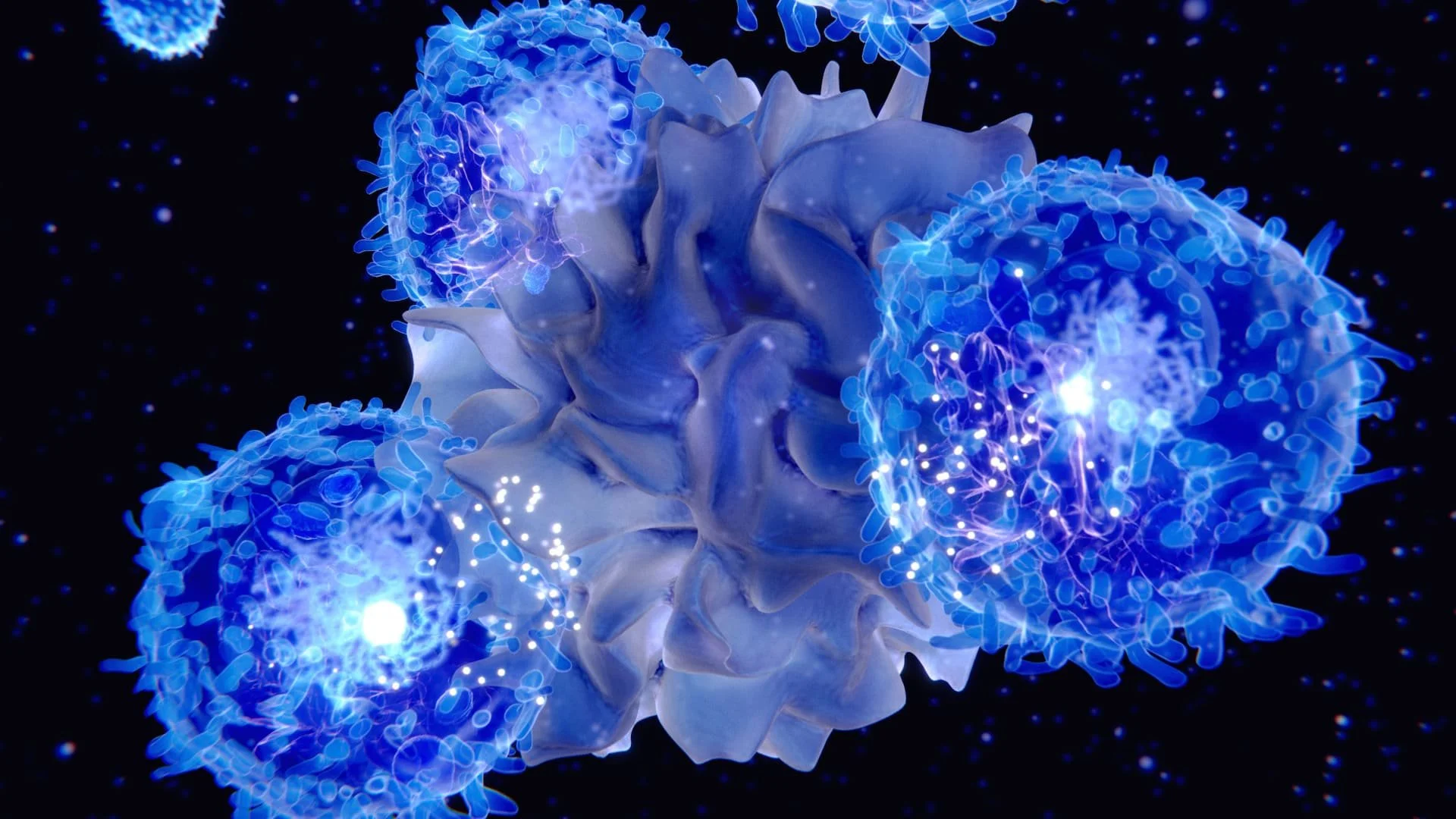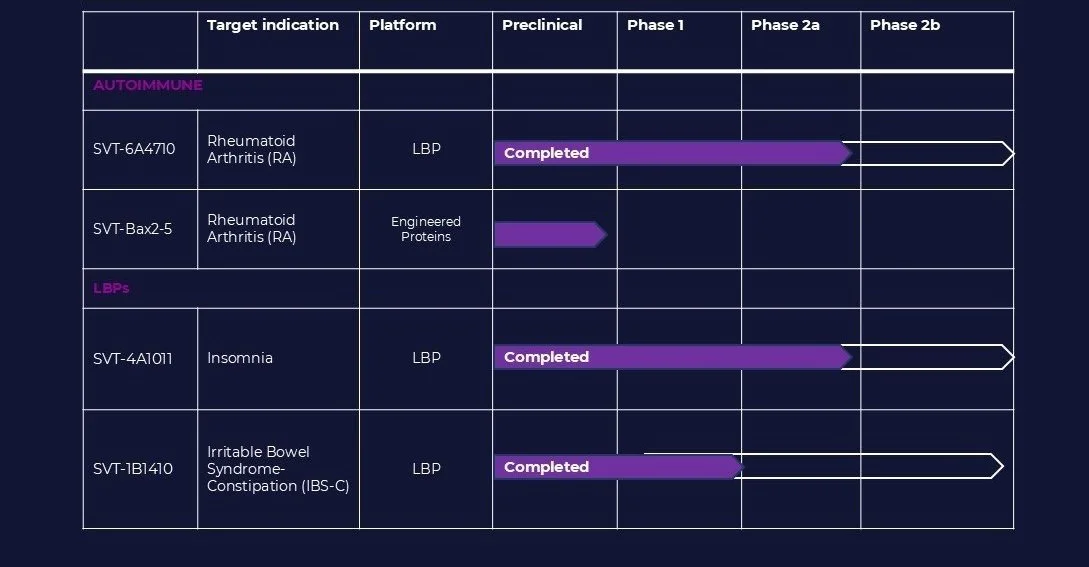
Pioneering Novel Treatments and New models of Drug Development
What we do
Servatus’ operations are aimed at addressing diseases and conditions that lack satisfactory treatment options.
Autoimmune diseases like rheumatoid arthritis and ulcerative colitis pose significant medical challenges, often poorly managed by existing medications and fraught with undesirable side effects.
Servatus is engineering recombinant proteins to enhance their clinical efficacy, aiming for more potent treatments of autoimmune diseases while minimising adverse effects.
Simultaneously, in the burgeoning field of global drug development, Servatus is pioneering live biotherapeutics for conditions associated with the microbiome, such as rheumatoid arthritis, ulcerative colitis, irritable bowel syndrome, and chronic insomnia.
With extensive preliminary research already completed, Servatus has now progressed to human clinical trials and advanced preclinical investigations for the LBP candidates and engineered proteins, respectively.
Research Platforms and Clinical Pipeline
Live Biotherapeutics
Servatus prioritises the development of live biotherapeutics – microorganisms intended for disease prevention or treatment – as a key area of research.
Traditionally, selected bacterial strains have been utilised to regulate and restore gut microbiome balance. However, Servatus’ focus extends to developing LBPs with broader applications in preventing, treating, or even curing various human diseases or conditions.
Servatus specifically targets autoimmune and inflammatory disorders linked with the microbiome and immune dysregulation, including ulcerative colitis, rheumatoid arthritis, and gastrointestinal infections. Leveraging bacterial strains not widely used previously, Servatus has identified bioactive properties that inhibit pathogenic bacterial growth and infection, modulate immune responses, and regulate inflammatory signals.
The efficacy of these bacterial strains stems from cell surface structures and, importantly, the biological effector molecules they secrete, which engage in communication with the host cells.
Engineered Proteins
Servatus directs its research efforts towards enhancing specific characteristics of established therapeutic proteins featuring novel modes of action. Servatus prioritises proteins that have demonstrated clinical efficacy and promising data in human disease. Through strategic redesign of key characteristics, Servatus enhances the protein’s bioavailability, half-life or biological potency.
Leveraging advanced computational techniques, the in silico-designed protein variants are produced in quantities suitable for physico-chemical and preclinical assessments. Following various screening assays, the most promising candidates are assessed in animal disease models before advancing to human clinical trials.


